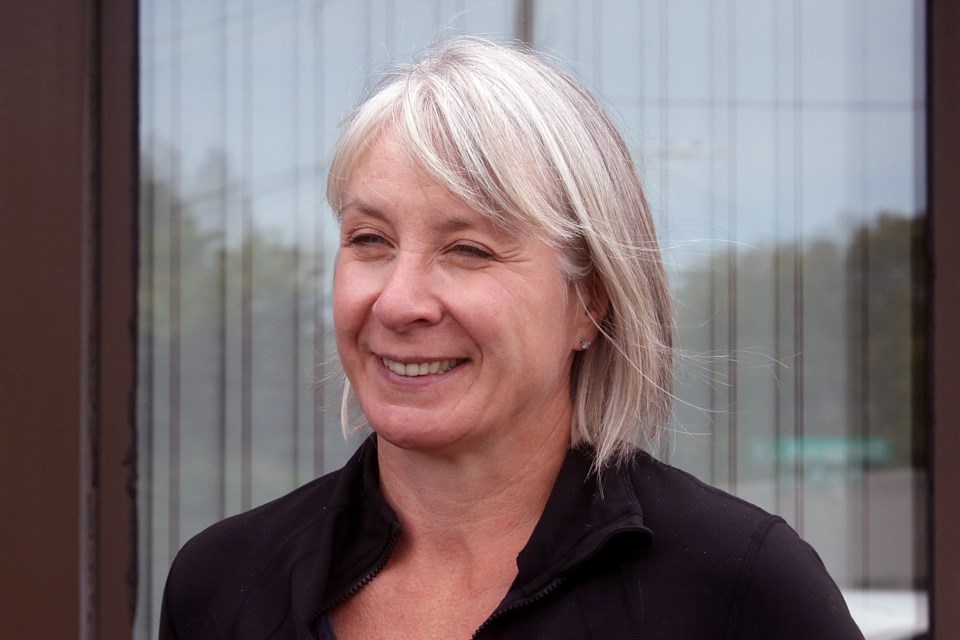OTTAWA – The Canadian land border will remain closed to non-essential travelers through Oct. 21, but the country will allow many cross-border couples and families to reunite.
Health Minister Patty Hajdu on Friday announced that certain family members of Canadian citizens and permanent residents, including those in an exclusive dating relationship of at least one year, along with their dependent children and adult children, grandchildren, siblings and grandparents will be allowed into the country on compassionate grounds.
Canada will also allow certain foreign nationals in for compassionate reasons, including life-threatening illnesses, critical injury or death, with potential limited release from quarantine.
And, starting on Oct. 20, international students attending designated learning institutions will also be allowed in, as long as the school has a COVID-19 readiness plan in place.
Visitors in most cases are still subject to a mandatory 14-day quarantine.
Information about who qualifies as an extended family member, along with the process and requirement to travel to and enter Canada, will be available on the Immigration, Refugees and Citizenship Canada website.
Information on who qualifies and the process to enter the country on compassionate grounds will be available on Thursday at www.canada.ca/coronarvirus.
“Canadians made sacrifices, often heartbreaking, to respond to this new virus. Thanks to the measures in place and the public health presence at ports of entry, we can now confirm a new process for entry applications,” said Hajdu, who made the announcement alongside Minister of Public Safety and Emergency Preparedness Bill Blair and Minister of Immigration, Refugees and Citizenship Marco Mendicino.
“While we want to be compassionate, we also need to manage the risk of community spread, and we must all continue to be vigilant. Cases of COVID‑19 are increasing, and we must all follow public health measures.”
To make way for the new rules, the country will strengthen its public health presence at points of entry and plans to enhance quarantine monitoring.
In the coming months, a public health officer will be on site at up to 36 border crossing points, a staff of 190 deployed across the country by year’s end.
Canada is working to increase compliance calls, which at present number about 4,300 live and 3,500 automated calls each day, amounting to nearly one million since last March.
If a contact cannot be reached, law enforcement follows up and may issue a fine of up to $1,000 to anyone found in non-compliance.
Multiple fines may be handed out for multiple offences.
If a contraventions ticket is not issued, individuals could face fines of up to $750,000 and six months in prison where charges are laid under the Quarantine Act, or up to $1 million and three years in prison for willfully or recklessly contravening the Act.
“The travel restrictions we’ve put in place to protect the health and safety of Canadians remain in effect, and we must continue to be disciplined and vigilant in our response to the COVID‑19 pandemic. The updates announced today respond to the needs of Canadian families who have been separated from their loved ones by international borders, some of whom are facing the most difficult period of their lives,” Mendecino said in a release.
“Canadians and anyone intending to travel to Canada must follow the quarantine requirements and public health guidelines to help control the spread of COVID‑19. There are strict but necessary penalties in place for those who break these rules.”
Travelers are advised to have the necessary approvals in place before attempting to cross the border. Contact information is required as are updates on symptoms through self assessment while in self-quarantine.
Correction: The original story incorrectely stated the border closure date was Nov. 21. It is in fact, Oct. 21.
